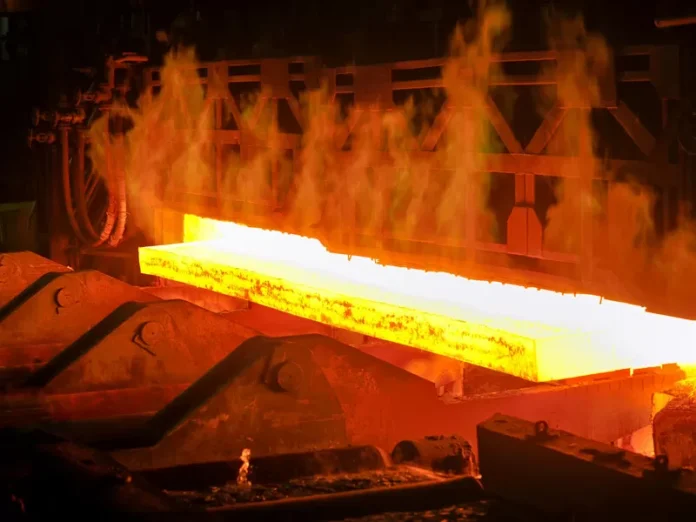Russia has been given additional opportunities to finance its aggression against Ukraine, as the European Union recently weakened certain sanctions against Russian metal products. In December of last year, the EU extended the import of Russian steel slabs, pig iron, and ferroalloys, which has been seen as a move that could further fuel Russian aggression towards Ukraine. In a comment to UNIAN, the head of the Federation of Metallurgists of Ukraine, Serhii Belenkyi, expressed his concerns about the EU’s decision, stating that it could provide Russia with additional resources to fuel its ongoing military conflict against Ukraine.
The easing of sanctions against Russian metal products has raised concerns among many leaders, politicians, and Ukrainian citizens. The conflict between Russia and Ukraine has been ongoing since 2014 when Russia annexed Crimea and has continued to escalate in recent years. The European Union has been a key ally of Ukraine, imposing various sanctions on Russia as a response to its aggression. However, the recent decision by the EU to weaken certain sanctions has been met with criticism, as it is seen as a step back from supporting Ukraine in its fight against Russian aggression.
According to Belenkyi, the EU’s decision to weaken sanctions on Russian metal products could have a devastating effect on the Ukrainian economy, as it will allow Russia to flood the Ukrainian market with cheap imports, making it difficult for Ukrainian producers to compete. This, in turn, could lead to layoffs, bankruptcies, and an overall decline in the Ukrainian steel industry. Belenkyi also pointed out that Russia could potentially use the additional revenue from the sale of its metal products to finance its military operations in Ukraine.
The Ukrainian government has also expressed its concerns about the EU’s decision, with Prime Minister Oleksiy Honcharuk stating that it could have a negative impact on the country’s economic stability. The Ukrainian Foreign Ministry has also condemned the EU’s decision, calling for the international community to continue imposing strong sanctions on Russia in response to its ongoing aggression towards Ukraine.
The concerns expressed by Ukrainian leaders and experts are valid, as the steel industry is a significant sector of the Ukrainian economy, providing jobs and contributing to the country’s GDP. The competition from cheap Russian imports could severely damage the Ukrainian steel industry, affecting the livelihood of many citizens.
The decision by the EU to weaken sanctions on Russian metal products also raises questions about its commitment to supporting Ukraine. The EU has been a crucial supporter of Ukraine in its fight against Russian aggression, providing financial aid and imposing sanctions on Russia. However, the recent decision to soften sanctions on Russian metal products could be seen as a sign of wavering support, which could embolden Russia to continue its aggression towards Ukraine.
It is essential for the international community to stand united in supporting Ukraine and preventing further escalation of the conflict. While the EU’s decision may have been made in the interest of improving trade relations, it should not come at the cost of fueling Russian aggression towards Ukraine.
In conclusion, the decision by the EU to weaken sanctions on Russian metal products could have far-reaching consequences, not just for the Ukrainian economy but also for the ongoing conflict between Russia and Ukraine. The international community must continue to impose strong sanctions on Russia until it fully complies with international law and ceases its aggression towards Ukraine. Any step back from supporting Ukraine in its fight against Russian aggression could have disastrous effects, not just for Ukraine, but for the stability of the entire region.

